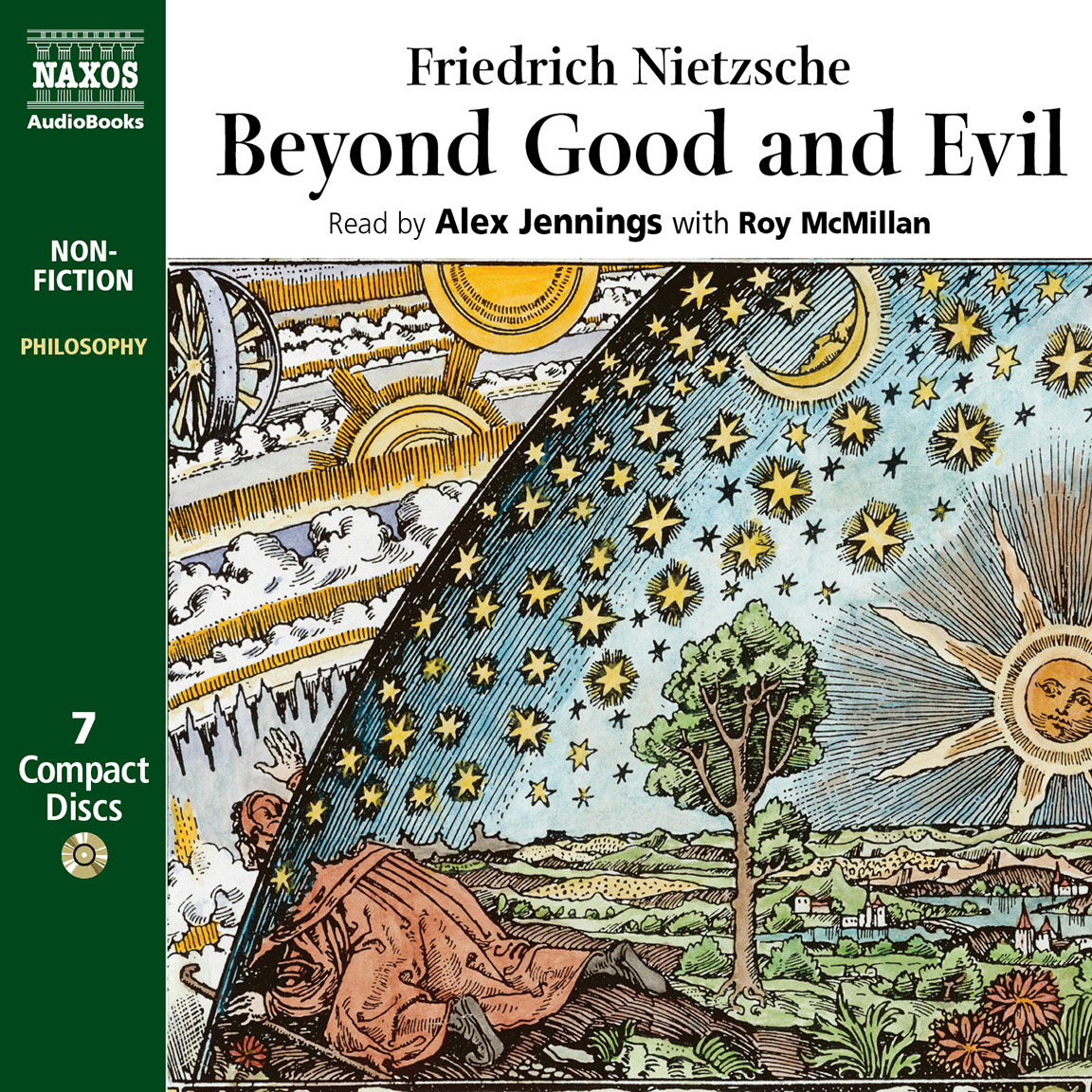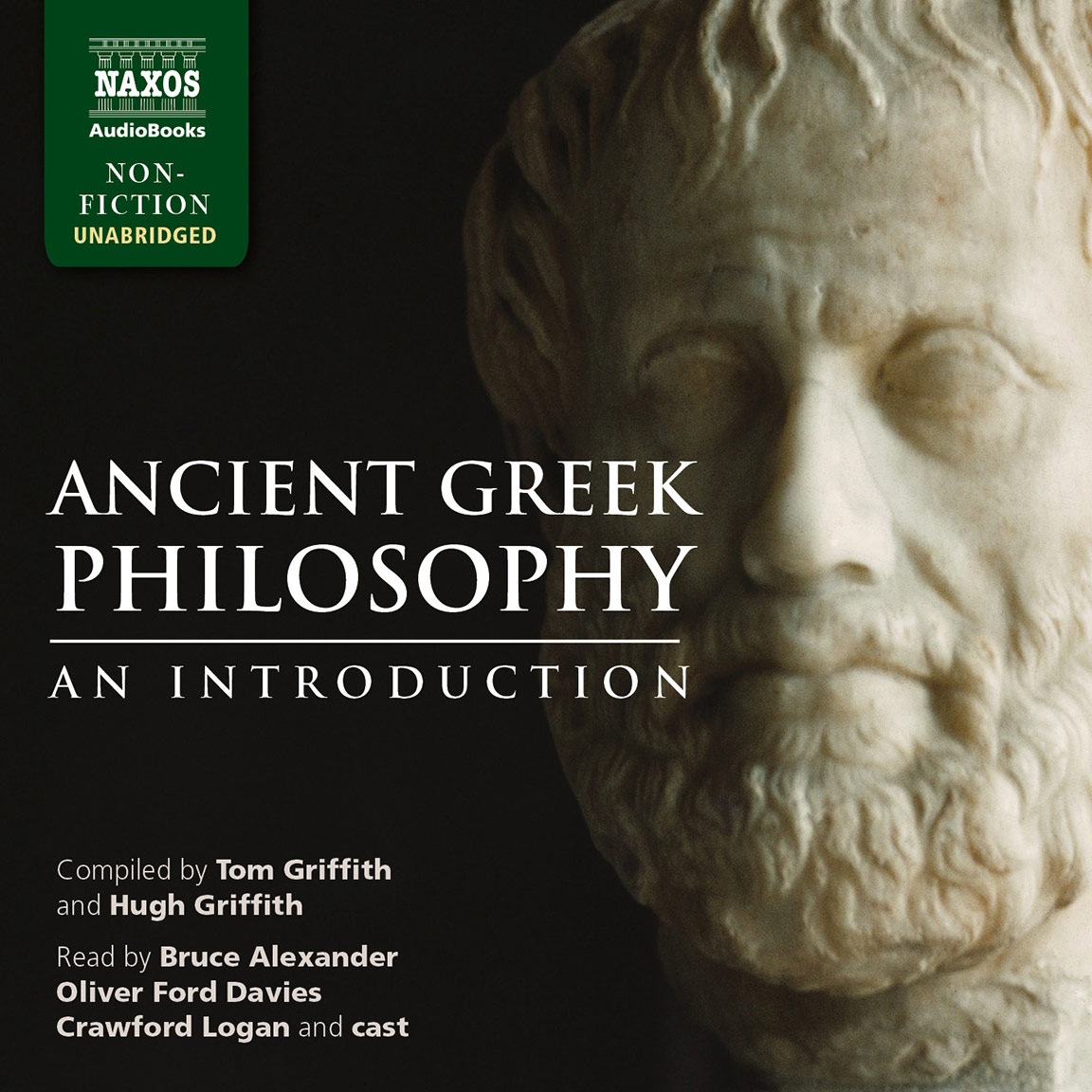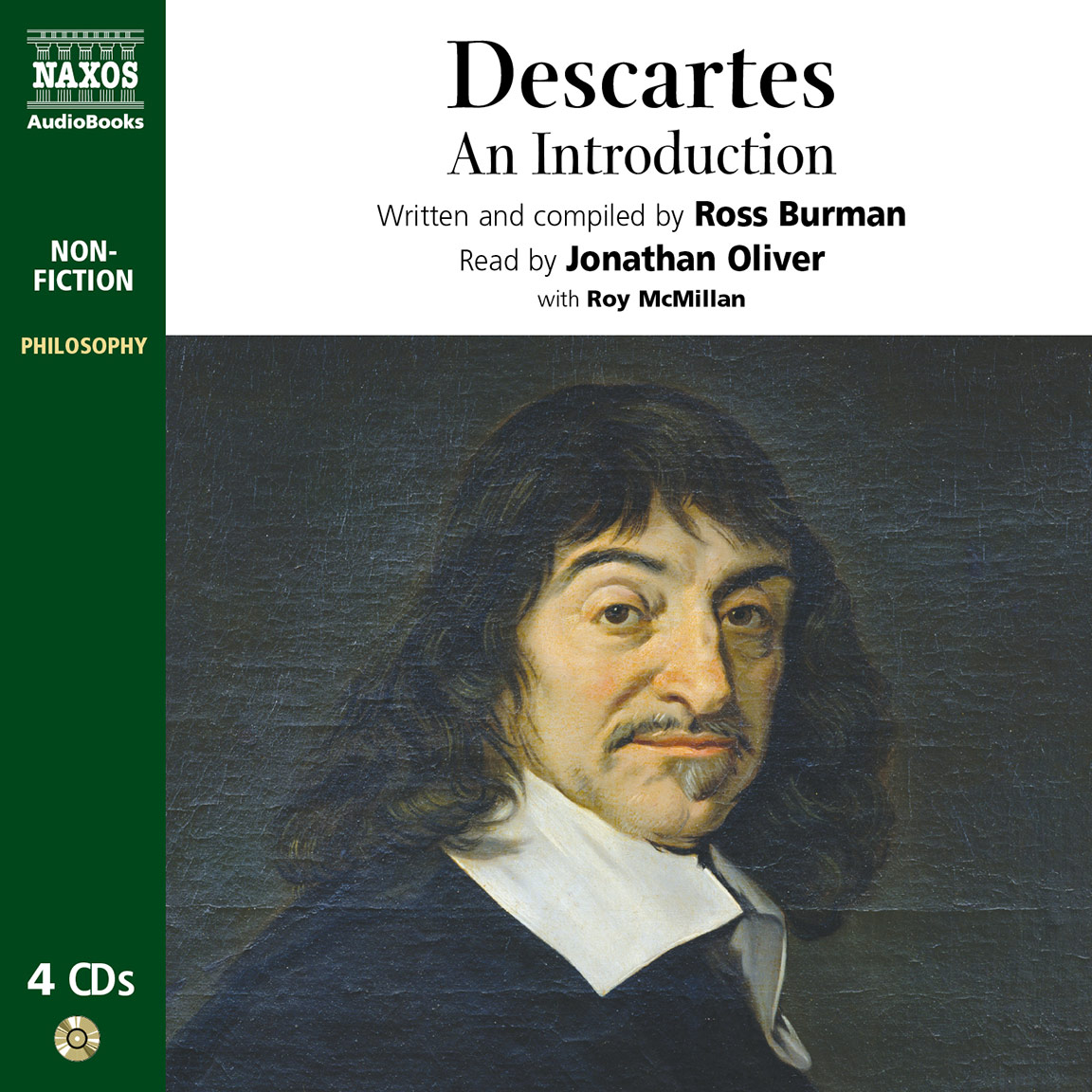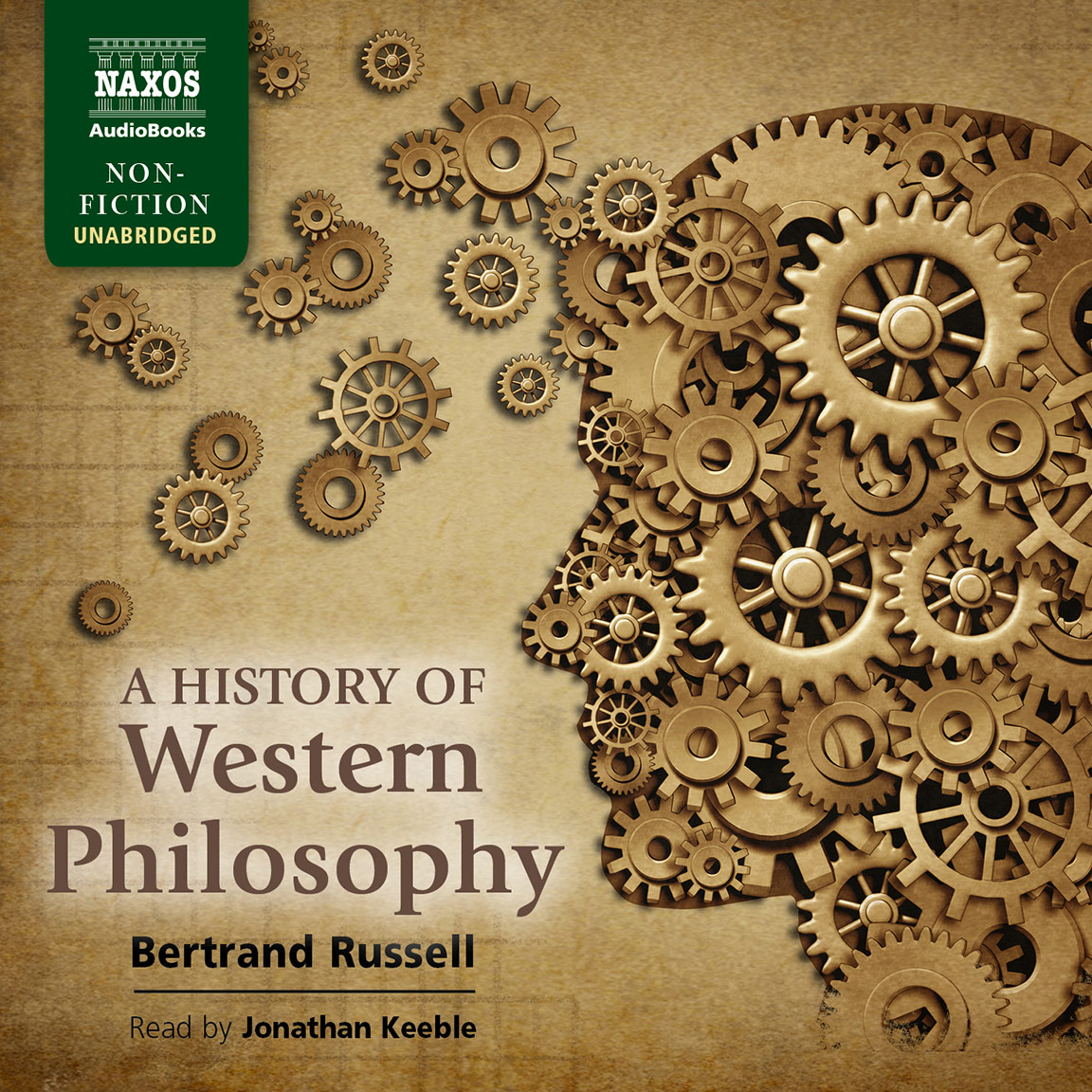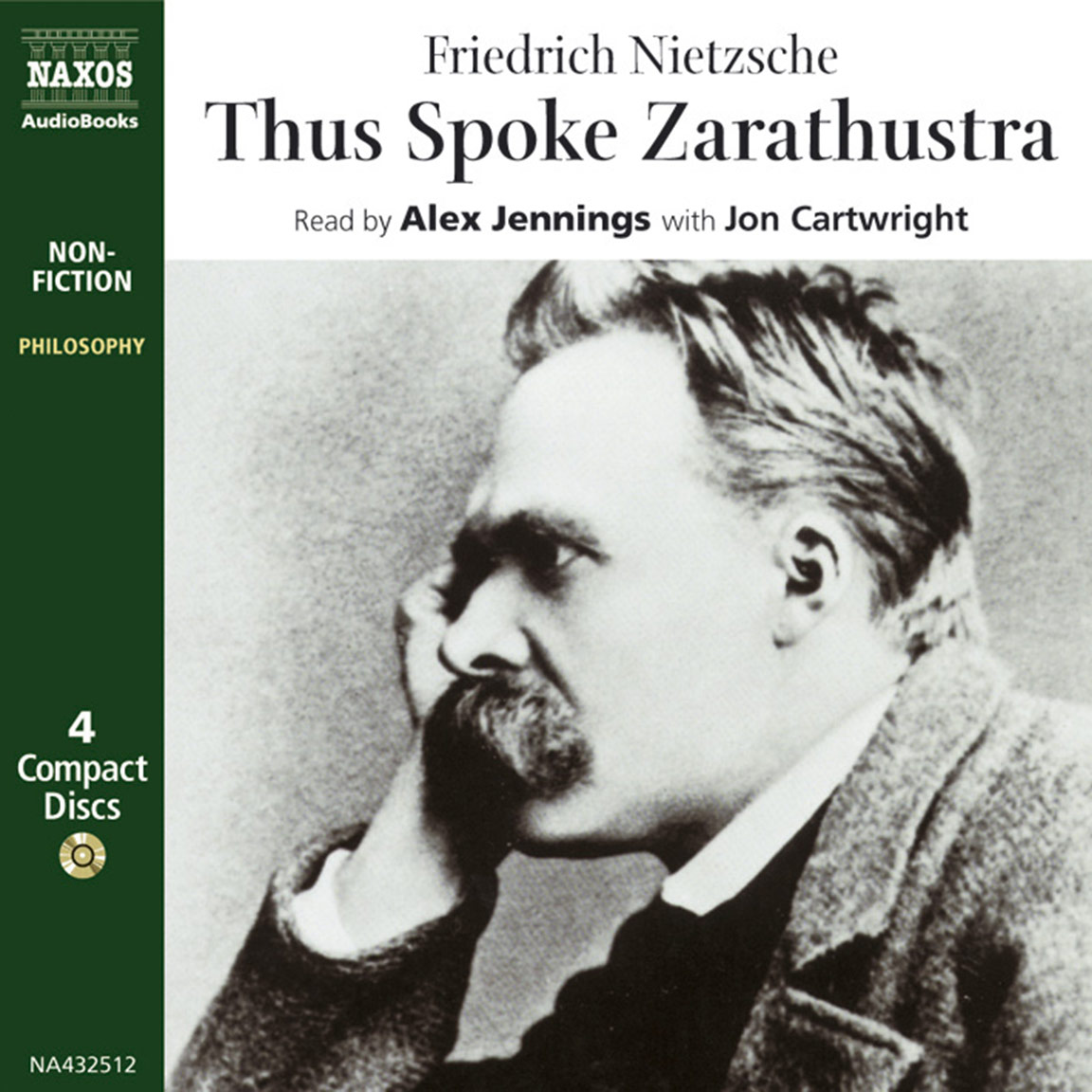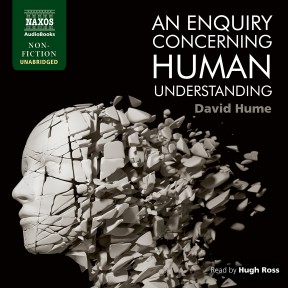
Audio Sample
David Hume
An Enquiry Concerning Human Understanding
Read by Hugh Ross
unabridged
As intriguing today as when it was first published, Hume’s An Enquiry Concerning Human Understanding is a fascinating exploration into the nature of human knowledge. Using billiard balls, candles and other colourful examples, Hume conveys the core of his empiricism: that true knowledge can only be gained through sensory experience. No other philosopher has been at the forefront of the mind than David Hume; physics, psychology, neuroscience – connections to Hume are everywhere. Here is the book that Immanuel Kant confessed had awoken him from his ‘dogmatic slumber’.
-
Running Time: 6 h 04 m
More product details
Digital ISBN: 978-1-84379-788-3 Cat. no.: NA0157 Download size: 93 MB BISAC: PHI000000 Released: November 2015 -
Listen to this title at Audible.com↗Buy on CD at Downpour.com↗Listen to this title at the Naxos Spoken Word Library↗
Due to copyright, this title is not currently available in your region.
You May Also Enjoy
Reviews
Hugh Ross reads Hume’s brief but important philosophical tract as the philosopher himself might, thinking his ideas through as he speaks, explaining them in an avuncular fashion, sounding as if he’s anxious to make them understood – while his skeptical inquiry devastatingly undermines cause and effect, free will, miracles, and skepticism. Ross’s use of intonation, emphasis, and expressiveness to mirror and, in a way, explicate the sense of the text is highly skilled. His British-accented voice is pleasant and clear, and his manner accessible, fitting Hume’s essayistic tone and famous clarity of style (though the arguments do demand close attention). Hume’s writing and Ross’s expressive rendering make listening to this text an enjoyable, thought-provoking walk to the edge of an epistemological cliff and over.
W.M., AudioFile
